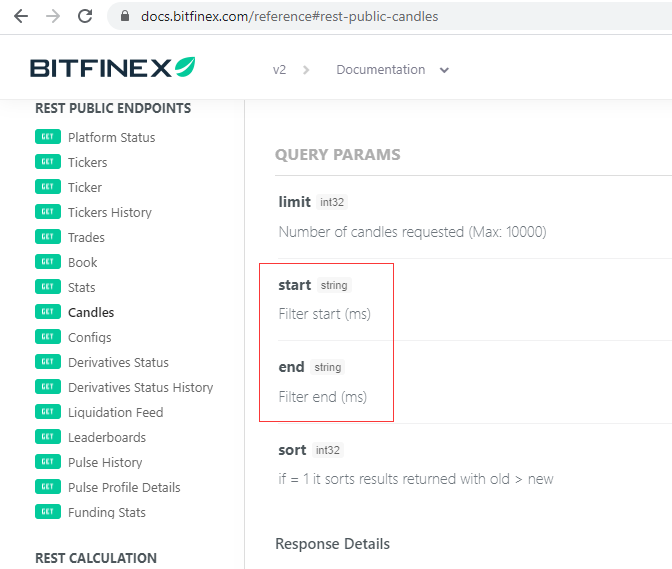While 'begin' is often more formal, 'start' is often less formal. While 'start' is a sharper, more jolting word, 'begin' is softer, gentler.
Of course, there are instances where they are not interchangeable. You can't 'begin' your scooter, you can only start it. A race does not have a 'beginning' line.
In most cases, though, they are interchangeable. They mean almost the same thing. But not precisely the same thing.
So the usage can then depend on the context.
Let's say you are an author writing a novel. If the scene is an action scene or has snappy dialog, 'start' might work better to support the mood of the scene.
"Don't start with me!" seems to make better sense than "Don't begin with me!"
If the scene is more emotional and contemplative, 'begin' might work better.
"Have faith. You'll begin to see how much I love you" works better than "Have faith. You'll start to see how much I love you".
Also, if the speaking is casual between people carousing at a party or in a bar scene, 'start' likely works better than 'begin'. If it is a job interview, "I began working at Google in 2009" will sound more professional than "I started working at Google in 2009". It says the same thing, conveying the same information on the surface, but different information in subtext. And as we know, presentation is everything.
We normally conflate the two words, but they do have different shades of meaning, depending on the context. An author can get away with not paying attention to this, but an author who wants to polish their prose can raise it to the next level by choosing the right word for the right situation.

